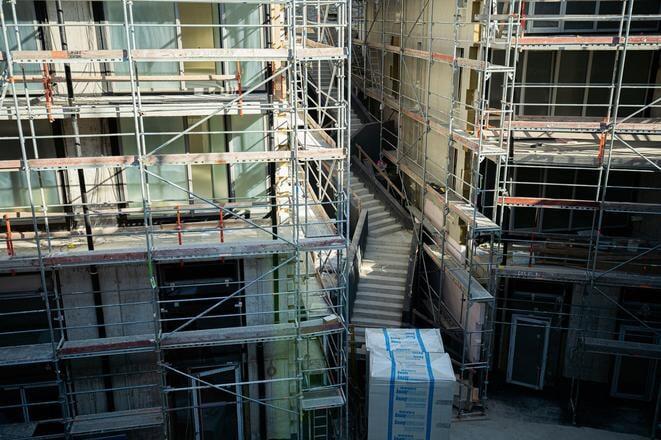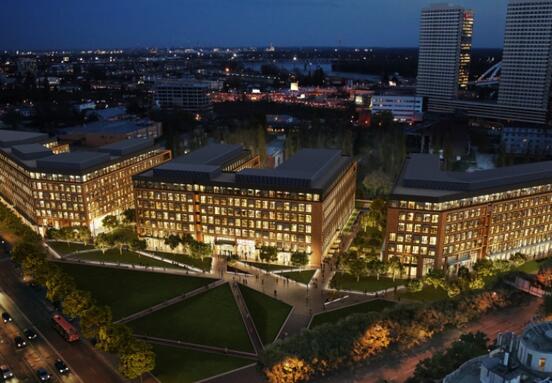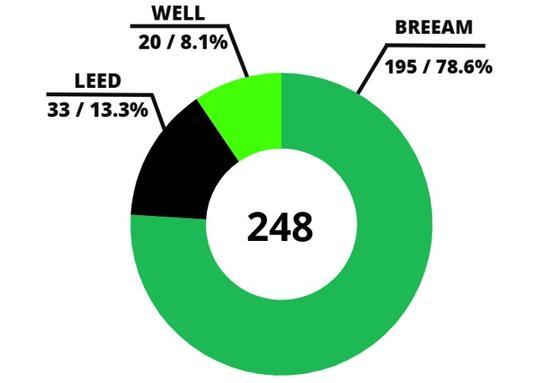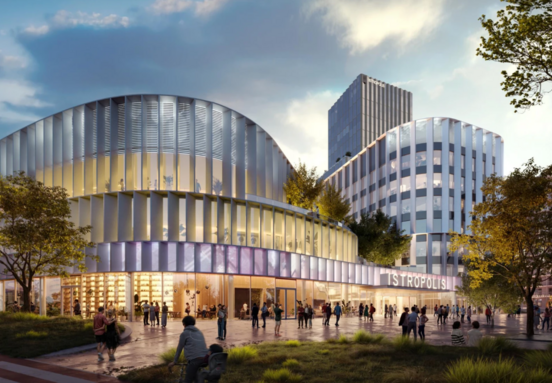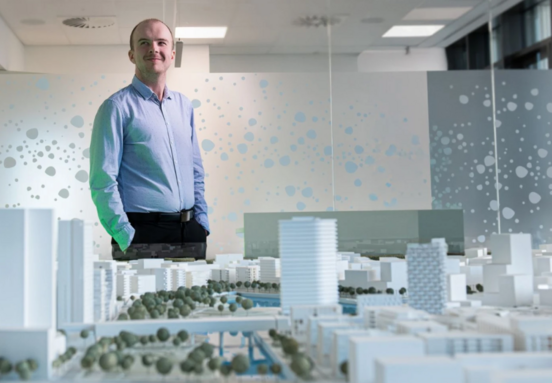Boosting Construction Speed Through Digitalization
Slovakia's real estate landscape is undergoing a significant shift with the introduction of a new building law. Designed to cut through red tape, the legislation brings digitized processes, eliminates overlapping procedures between zoning and construction, and allows for electronic submission of applications. The primary goal is clear: dramatically accelerate the permitting process for new construction projects.
More Supply, Better Availability for Renters?
For businesses searching for office space or warehouse space, this acceleration could be good news. Experts anticipate that faster permitting will directly support the quicker construction of rental apartments, crucial logistical parks, and modern office buildings. A quicker supply pipeline could ease market pressure and potentially help stabilize rental prices.
Industry observers highlight the positive impact on the real estate market and rental relationships. By shortening the preparation phases for development projects, the law could accelerate the delivery of new properties to the market and potentially decrease vacancy periods in commercial segments like offices and logistics.
Potential Impact on Rental Costs
While the law doesn't directly lower construction material costs or taxes, the efficiencies gained during the approval process could influence the overall economics of development. Faster and simpler planning offers improved flexibility for developers to adapt to market needs and reduces the time investors' capital is tied up in land and planning phases. Some estimates suggest potential savings of 5-7% on investment costs purely due to reduced financing costs over a shorter preparation period. These savings, while on the developer side, could indirectly contribute to more competitive rental rates or encourage more project starts.
Navigating Implementation Challenges
It's important to note that the law is still in its early stages of implementation. Potential hurdles remain, such as ensuring authorities are adequately staffed and trained to handle the new digital workflows, and maintaining consistent interpretations of the new rules across different regions. While faster permitting is a crucial positive step, other factors like rising material costs, energy prices, and taxes still pose significant challenges for developers.
Looking Ahead
Overall, the new building law in Slovakia is seen as establishing a strong foundation for greater efficiency in construction, particularly beneficial for residential and industrial/logistics developments. There are also promising signs that it will help shorten processes for commercial properties like offices. While its full long-term impact on rental markets and costs is yet to be completely realized, the move towards faster, simpler permitting offers a positive outlook for increasing the future supply of rental properties available to businesses.
Source: trend.sk
